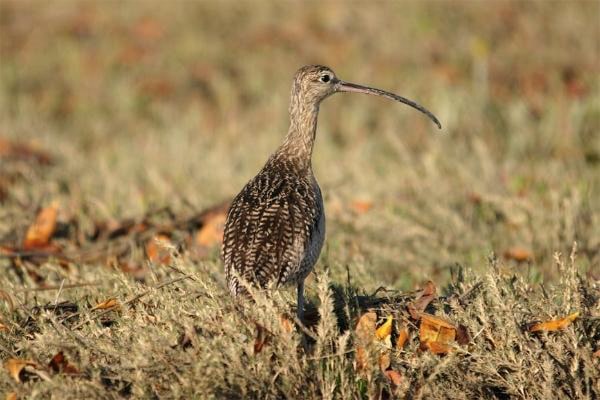
Ten-year action plan launched to save curlew in Wales
The Gylfinir Cymru partnership, involving BASC and 15 other partner organisations, has launched a 10-year plan to reverse curlew decline in Wales.
Get information on the legal shooting season for mammals and birds in the UK.
Learn about our current conservation projects and how you can get involved.
Comprehensive information and advice from our specialist firearms team.
Everything you need to know about shotgun, rifle and airgun ammunition.
Find our up-to-date information, advice and links to government resources.
Everything you need to know on firearms law and licensing.
All the latest news and advice on general licences and how they affect you.
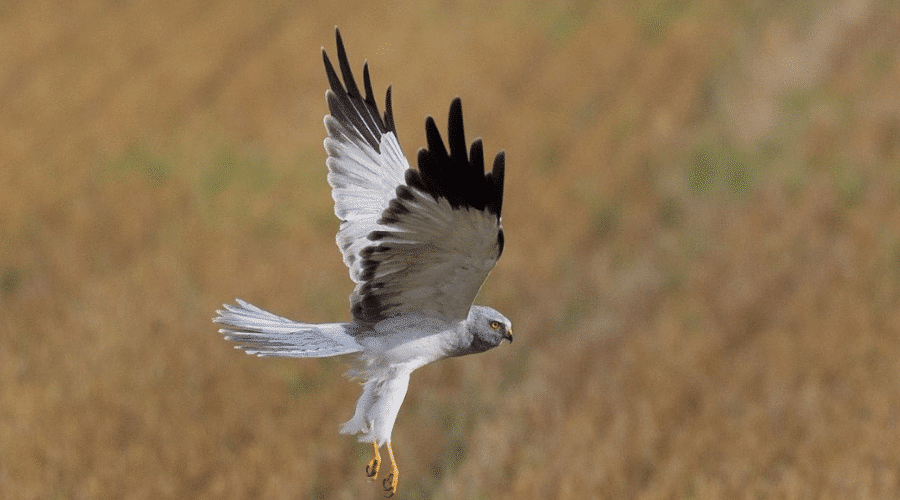
BASC has committed to contributing £75,000 towards Natural England’s hen harrier recovery work over the next three years, via its Legacy Fund.
Three annual payments of £25,000 will aid Natural England’s objectives of winter roost monitoring, support and education around diversionary feeding, and the southern reintroduction of the species.
The three-year agreement follows initial support of £10,000 towards the funding of two Natural England field staff to undertake winter monitoring.
This new funding will support Natural England in its work to proactively liaise with land managers on immediate protection and longer-term conservation measures. It will also enable experienced Natural England staff to provide practical advice and reassurance to land managers on how to successfully implement diversionary feeding.
Part of the funding will support a programme of stakeholder engagement around the southern reintroduction site, particularly with shoot managers and gamekeepers.
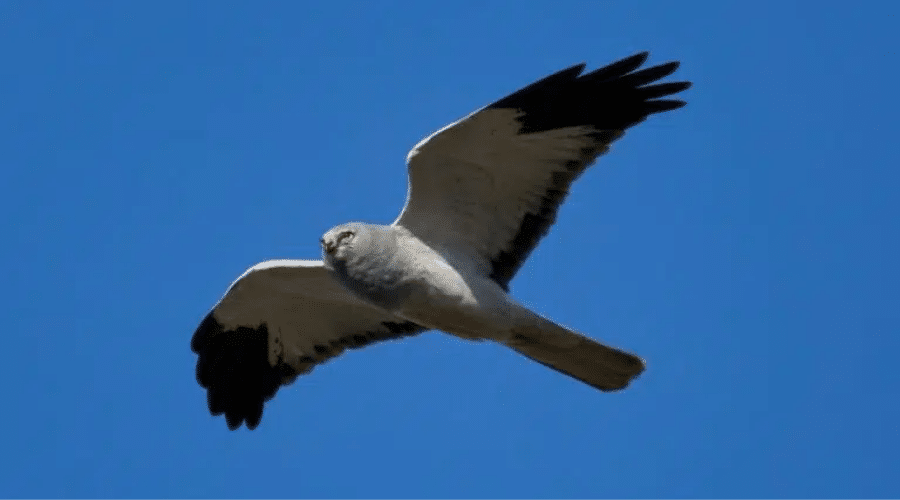
John Holmes, Natural England director of operations, said: “We are proud of our work supporting the recovery of hen harriers, both directly on the ground and through successful partnerships. Working closely with landowners and land managers underpins Natural England’s broader work to stop the illegal persecution of vulnerable nesting hen harriers and promote best practice.
“We are pleased to be working with BASC to show that birds of prey like the hen harrier can be a welcome part of well-managed land across England.”
Caroline Bedell, BASC’s executive director of conservation, said: “We are delighted to support the hen harrier conservation work of Natural England and make a significant contribution towards the recovery of this iconic species in England.
“It is our aim to see the hen harrier reach favourable status in England through supporting research and positive interventions.”
Last year saw a further increase in the number of breeding hen harriers in England, with 31 breeding attempts, of which 24 were successful, fledging 84 chicks. These are the highest numbers in modern times and represent the latest in a series of annual increases following a low in 2016.

The Gylfinir Cymru partnership, involving BASC and 15 other partner organisations, has launched a 10-year plan to reverse curlew decline in Wales.
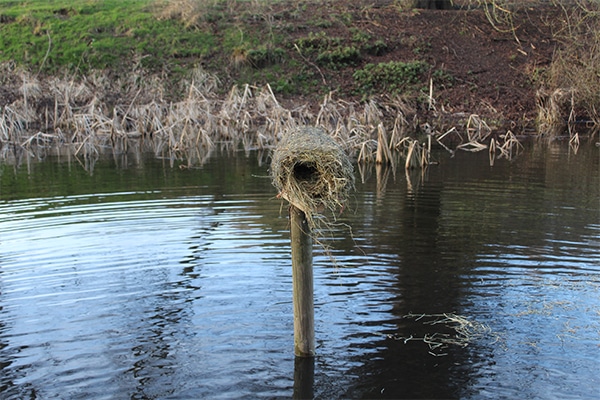
Citizen science will aid understanding of mallard nesting habitat preference in bid to boost numbers.
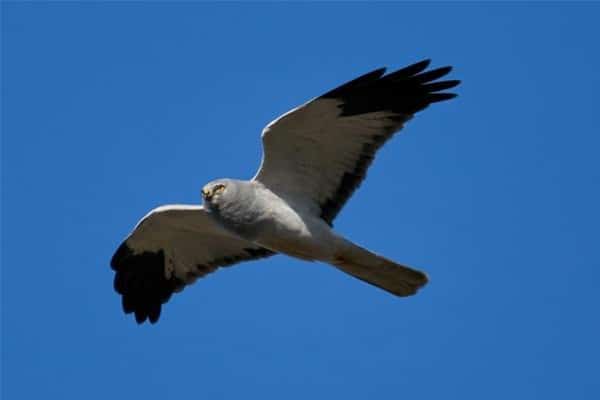
A legal challenge by the RSPB and Mark Avery over Natural England’s research into hen harrier brood management has been dismissed by the Court of Appeal.
Sign up to our weekly newsletter and get all the latest updates straight to your inbox.
© 2023 British Association for Shooting and Conservation. Registered Office: Marford Mill, Rossett, Wrexham, LL12 0HL – Registered Society No: 28488R. BASC is a trading name of the British Association for Shooting and Conservation Limited which is authorised and regulated by the Financial Conduct Authority (FCA) under firm reference number 311937.
If you have any questions or complaints about your BASC membership insurance cover, please email us. More information about resolving complaints can be found on the FCA website or on the EU ODR platform.
This website uses cookies so that we can provide you with the best user experience possible. Cookie information is stored in your browser and performs functions such as recognising you when you return to our website and helping our team to understand which sections of the website you find most interesting and useful.
Strictly Necessary Cookie should be enabled at all times so that we can save your preferences for cookie settings.
If you disable this cookie, we will not be able to save your preferences. This means that every time you visit this website you will need to enable or disable cookies again.
This website uses Google Analytics to collect anonymous information such as the number of visitors to the site, and the most popular pages.
Keeping this cookie enabled helps us to improve our website.
Please enable Strictly Necessary Cookies first so that we can save your preferences!
More information about our Cookie Policy